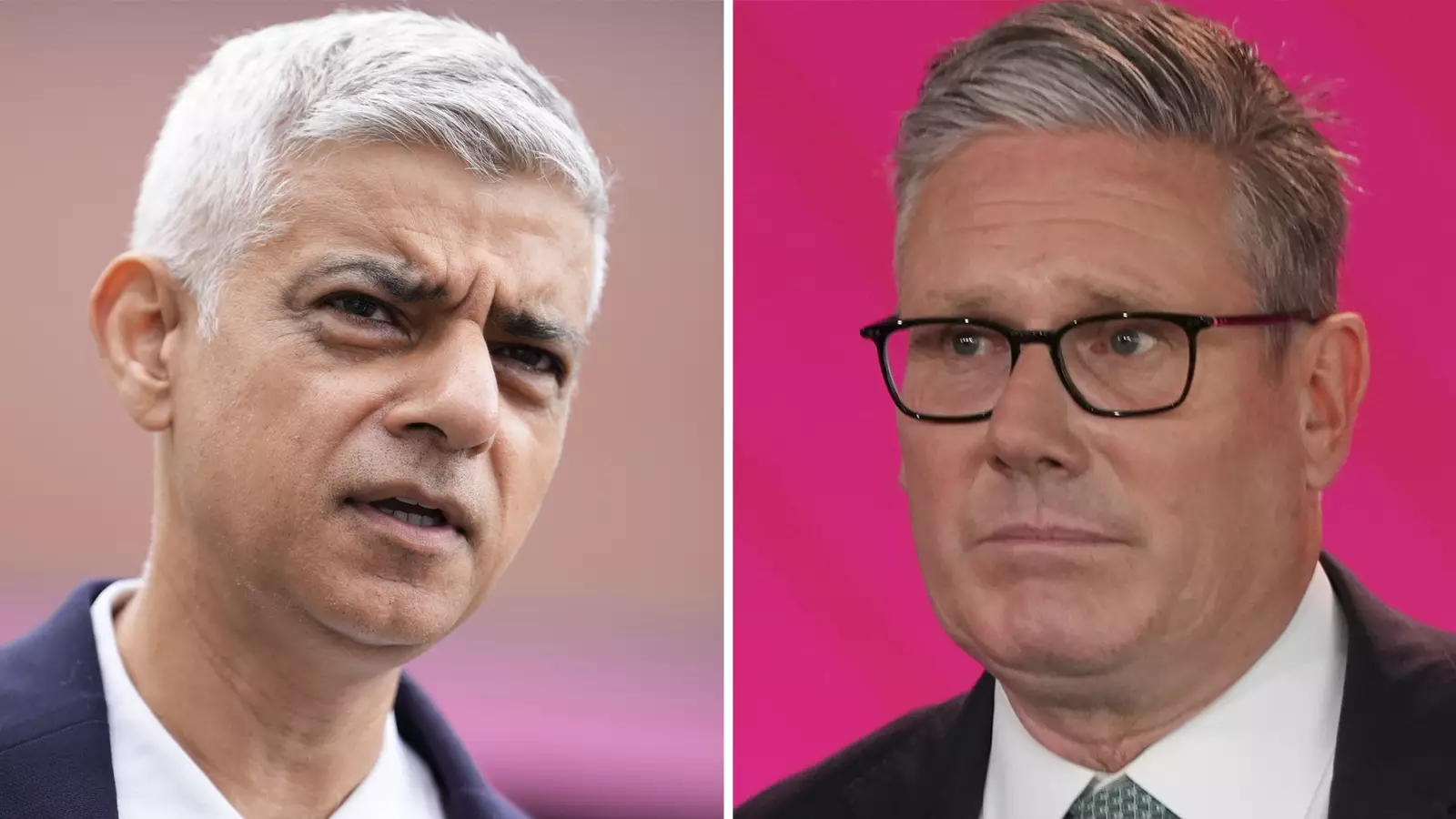Recent remarks by London’s Mayor Sir Sadiq Khan have ignited a long-overdue debate about the crisis in Gaza, challenging the official narratives that have often skirted the uncomfortable truth: what is happening in Gaza can only be described as a humanity-inflicted catastrophe. By openly labeling the situation a “genocide,” Khan not only diverges from the UK government’s cautious diplomacy but also raises the urgent moral question that many hesitate to confront. It is a stark reminder that political convenience should never overshadow the human rights atrocities unfolding before our eyes. The refusal to acknowledge the scale and severity of the violence perpetuates a dangerous silence that allows oppression to continue unchallenged.
Khan’s candid statement is more than political bravado; it is an act of moral clarity. It shatters the complacency that too often surrounds international conflicts, where powerful nations prefer to frame events with ambiguous terms like “clashes,” “conflict,” or “military operations,” avoiding the more accurate and uncomfortable label—genocide. By doing so, he underscores the importance of responsible leadership rooted in human dignity and universal rights—values that seem increasingly marginalized in today’s geopolitical negotiations.
Political Self-Interest Versus Moral Responsibility
The UK’s cautious stance on recognizing Palestine’s statehood and the delay in official acknowledgment reflect a troubling prioritization of diplomatic convenience over truth. Prime Minister Rishi Sunak’s decision to defer recognition until after Donald Trump’s visit highlights a troubling pattern: political calculus often trumps timely moral action. While maintaining good relations with powerful allies like the U.S. may seem pragmatic, it betrays the very foundation of a just society that values human rights over fleeting diplomatic gains.
This reluctance to confront the reality in Gaza—despite mounting evidence from credible sources such as the UN—transparently exposes the compromises made at the altar of geopolitics. It reveals a failure to articulate a clear moral stance that aligns with international humanitarian law. While governments tiptoe around admitting the systemic violence, innocent lives are sacrificed daily amidst destruction—children, families, entire communities caught in the crossfire of political ambitions and strategic interests.
Implications of Labels: Why Words Matter
The debate surrounding whether Israel’s actions constitute genocide is more than semantics; it is a measure of moral clarity. The UN commission’s assertion that Israel’s tactics meet the criteria for genocide should be a wake-up call for the global community. When the international body explicitly states the intent to destroy a population, silence or equivocation becomes complicity.
Similarly, the UK’s stance that this is a matter for the courts misses the point entirely. Ignoring the gravity of the situation delays the moral responsibility to act. Words like “genocide” are not mere political labels but stark descriptions of an ongoing human catastrophe that demands urgent intervention. To deny that real danger exists is to ignore the suffering of millions and to risk allowing history to repeat itself—a cycle of inaction that has characterized past genocides.
The Power of Moral Leadership in a Divided World
Khan’s willingness to publicly confront the issue offers a model for moral courage that is desperately needed anywhere politics is compromised for expediency. His stance underscores a fundamental truth: silence in the face of atrocity is itself a form of complicity. While politicians like Sir Keir Starmer navigate international diplomacy carefully, there is a moral obligation to speak truth to power.
Progressives and center-left voices have a crucial role to play in exigent moments such as this. Recognizing the human suffering in Gaza requires more than diplomatic neutrality; it demands steadfast advocacy rooted in compassion, justice, and international accountability. A media and political environment that fosters honest dialogue—free from fear of alienating allies—can shift the narrative toward acknowledging and confronting genocide when it occurs.
It is essential to realize that moral leadership is not about taking simple sides but about upholding universal principles that protect human dignity. When fierce political interests threaten to obscure the truth, courageous voices like that of Sadiq Khan serve as vital reminders that speaking out, even against the grain, is an act of moral necessity. Only through unwavering acknowledgment of the suffering can the world begin to grapple with the brutal reality in Gaza and commit to meaningful change.


Leave a Reply